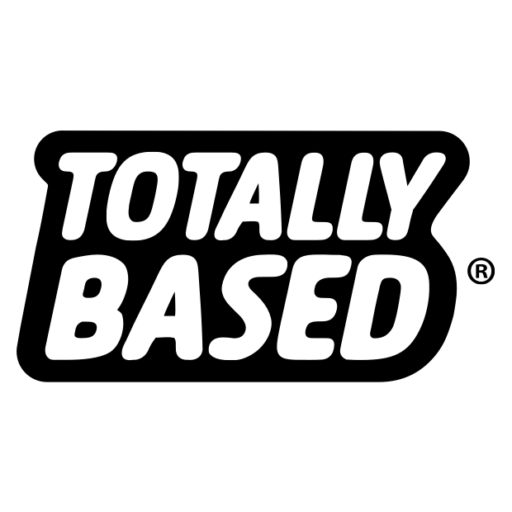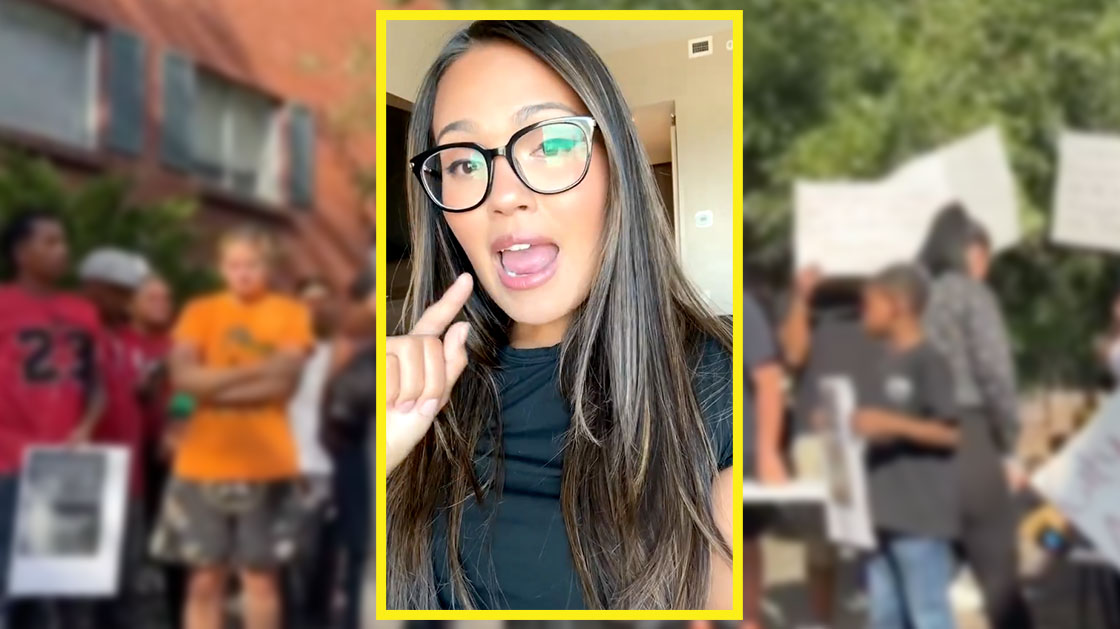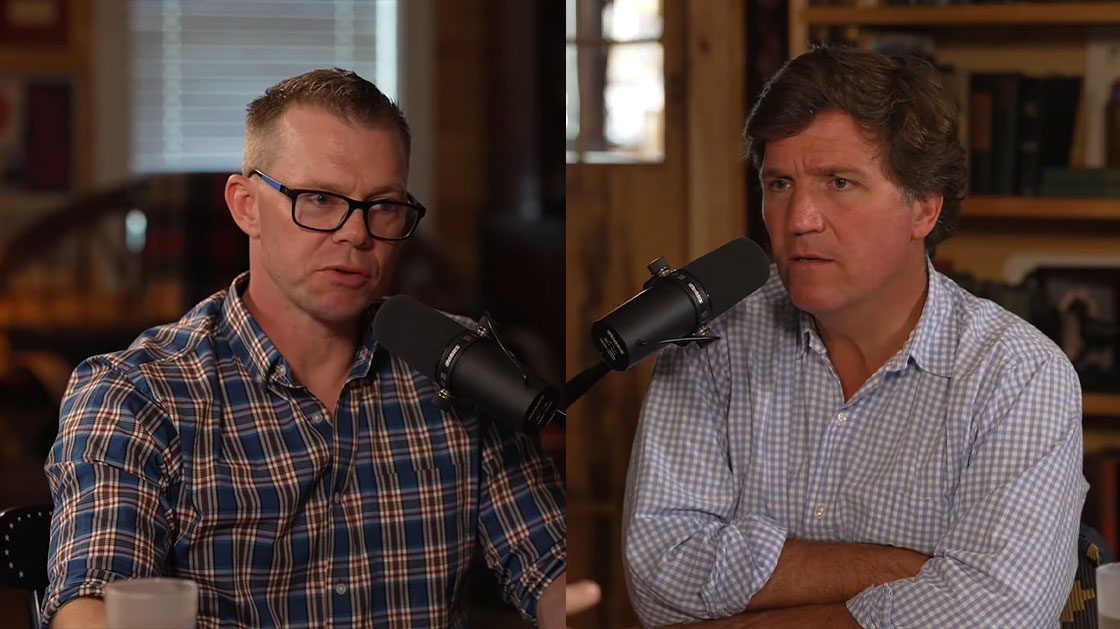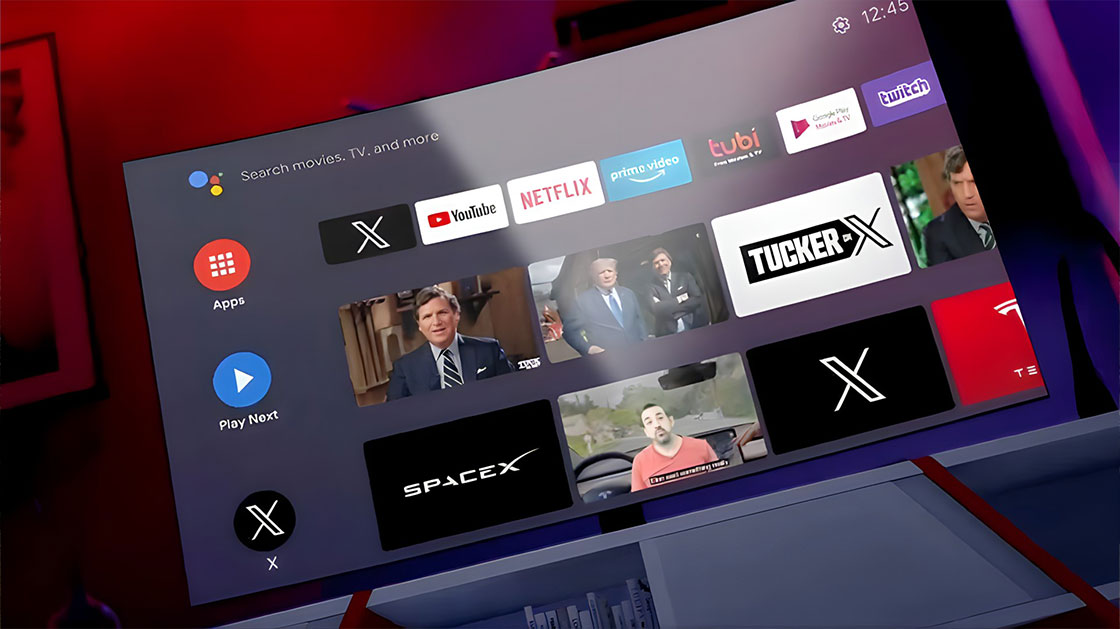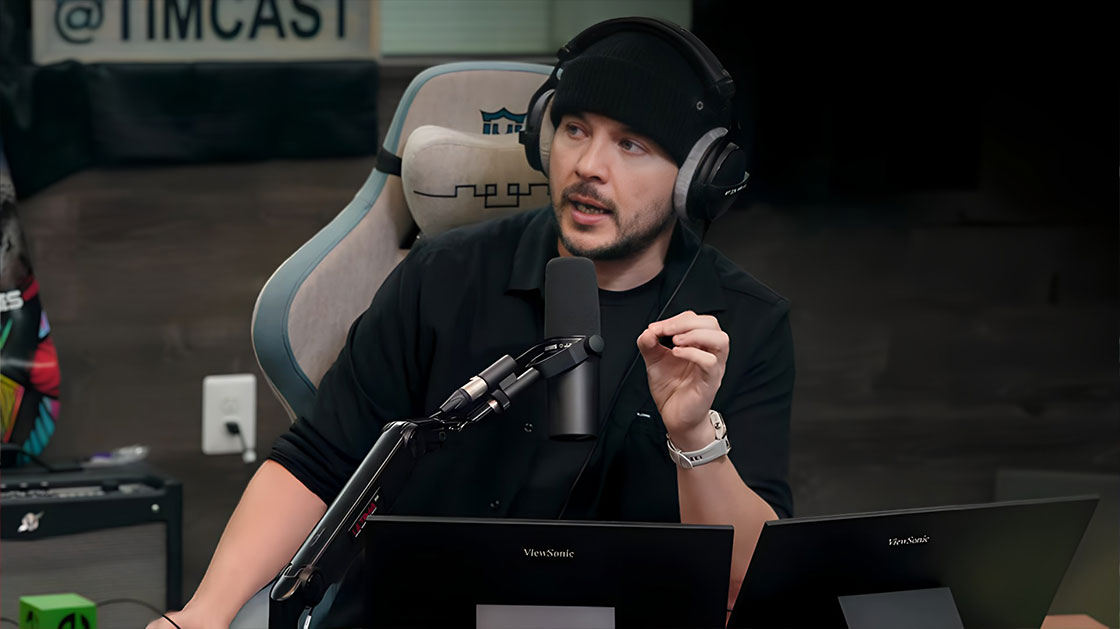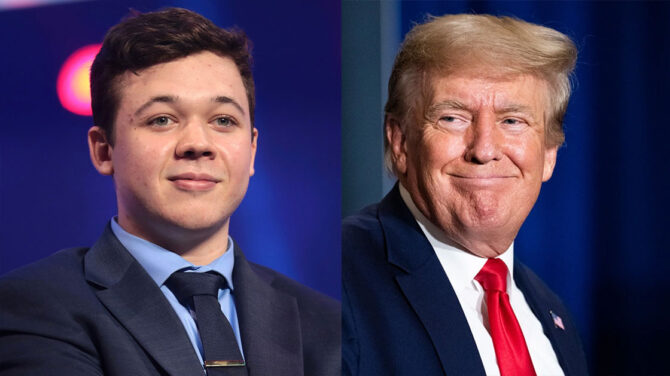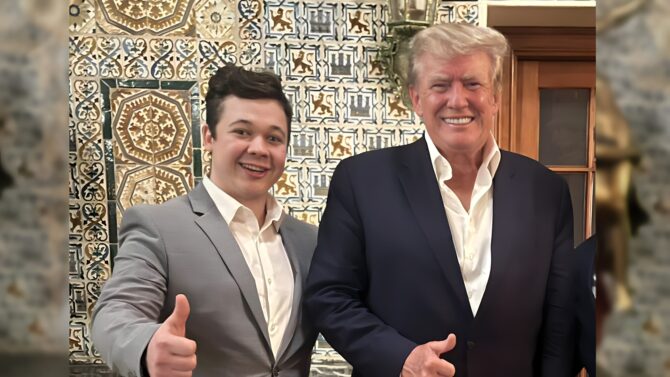
Google Accused of Suppressing Searches Related to Trump Assassination Attempt
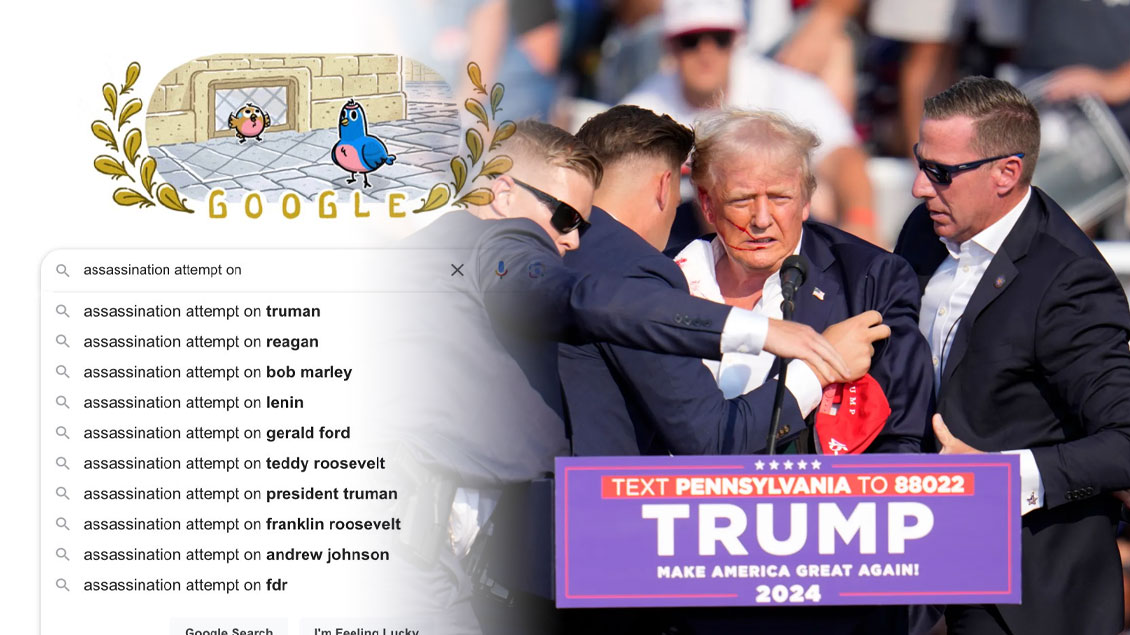
Google has found itself at the center of controversy once again, accused of suppressing searches related to the assassination attempt on former President Donald Trump. These allegations have sparked debates on digital censorship and political bias.
The controversy began with a series of tweets and posts claiming that when users searched for “assassination attempt on Trump,” Google’s autocomplete feature did not suggest the term. Instead, suggestions included historical figures such as “assassination attempt on JFK” and “assassination attempt on Abraham Lincoln.” Critics argue this indicates an intentional bias against Trump.
Evidence from Kyle Becker and Others
Kyle Becker provided a series of screenshots that illustrate these concerns. In the first set, attempts to search for “assassination attempt on Trump” yielded suggestions such as “assassination attempt on Truman,” “assassination attempt on Reagan,” and “assassination attempt on Bob Marley.” No suggestions related to Donald Trump appeared.
In another screenshot, searching for “Trump shooter” and “Trump shooter motives” also failed to produce expected autocomplete suggestions. Instead, the search engine seemed to struggle to offer relevant prompts related to the incident involving Trump.
Similarly, a search for “Thomas Crooks,” presumably related to a key figure or suspect in the incident, did not yield relevant suggestions either. The autocomplete suggested “Thomas Crooks Sr” and “Thomas Crookes church,” which are unrelated to the context of the Trump shooting.
CONFIRMED: Google is already suppressing searches on the “assassination attempt on TRUMP.”
This is clearly an attempt to prevent political support for Donald Trump.
Big Tech is once again r*gging the presidential election. pic.twitter.com/w9Vj4Grkwn— Kyle Becker (@kylenabecker) July 28, 2024
These issues were not isolated to Kyle Becker. Chaya Raichik, operating Libs of TikTok, shared a video demonstrating her failed attempts to use Google’s autocomplete function for similar searches. Independent journalist J. Michael Waller also shared his unsuccessful attempts, which further fueled the controversy.
Google needs to be hauled in front of Congress to answer for this.
Orwellian. pic.twitter.com/jjveFydcgo— Libs of TikTok (@libsoftiktok) July 28, 2024
Elon Musk’s Involvement
Elon Musk has also voiced his concerns about Google’s search functionality. Musk shared a screenshot showing that a Google search for “President Donald” returned results like “President Donald Duck” and “President Donald Regan,” leading him to question whether Google was intentionally suppressing searches related to Trump. Musk’s public criticism adds significant weight to the debate, given his influence and large following.
Concerns of Bias and Censorship
These concerns are heightened by past events, such as the suppression of the Hunter Biden laptop story during the previous election. This history raises questions about the roles tech platforms might play in influencing public perception and election outcomes.
Google’s Response and Recent Controversies
Google has faced similar accusations of bias in the past, with claims that its algorithms favor certain political viewpoints. The company has consistently denied these allegations, asserting that its search results are determined by a complex set of algorithms aimed at providing the most relevant and authoritative information.
Recently, Google faced backlash due to its new AI tool, Gemini, which exhibited racial inaccuracies in representations of historical figures such as presidents and popes. Additionally, Gemini reportedly struggled to display images of a happy white couple, further intensifying scrutiny over Google’s handling of content and search algorithms.
Conclusion
The question of whether Google is suppressing searches related to the assassination attempt on Donald Trump remains inconclusive. While the autocomplete feature’s omission of the term raises concerns, it alone is insufficient evidence to support claims of suppression. Google’s algorithms are complex, and their functioning is influenced by various factors, including user behavior and search trends. The ongoing debate highlights the need for transparency in how search algorithms function and how information is curated on major tech platforms.
